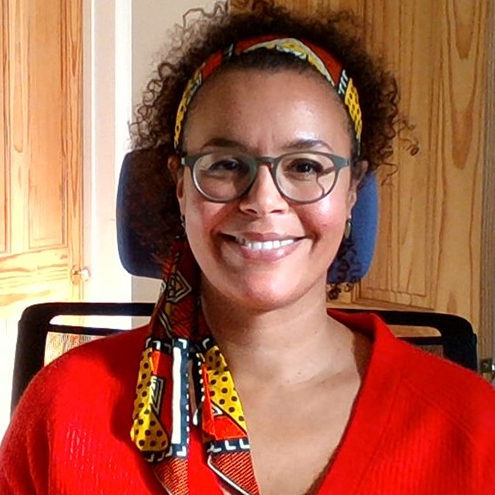Dr Josie Gill, a member of the Centre for Black Humanities at the University of Bristol, initially used a grant from the Institutional Strategic Support Fund to explore the representation of loneliness in modern and contemporary Black British writing, with a view to applying for an Investigator Award from the Wellcome Trust. However, her research into the topic opened up new avenues for exploration.
“Initially, I sought to chart black Britons’ experiences of loneliness through literature,” said Dr Gill. “By placing such literature into a dialogue with recent studies in epidemiology, genetics and psychology which seek to understand the effects of racism on the health of black people, I wanted to discover whether there is a particular aesthetics and politics of loneliness within Black British writing. This might then inform emerging public health strategies and public policy, and enhance understanding of how experiences of hostile environments become embodied.”
“But as my investigations progressed, my remit has expanded. I have become interested in how race and racism are treated within the NHS, and on the impact of the hostile environment and racism on mental and physical health. I’m interested in the disjunct between the way racism is acknowledged as a major public health issue at an academic/theoretical level, but has little to no currency in practice; in healthcare settings or everyday interactions, black people are often thought to be ‘imagining things’. I’m interested in the impact that this disavowal has on the health of black populations, but also in how it is acknowledged and dealt with creatively and critically within black populations.”
While much of this writing is not medical per se, Dr Gill argues that it has an under-valued function in informing and improving black people’s wellbeing.
She said, “It would be well worth investigating the history of this kind of writing, evaluating it, and exploring whether it has impacted - or has the potential to impact - health policy, and the way healthcare professionals treat black patients. I anticipate that the project might be arranged around several themes (of which loneliness would be one), but also stress, exhaustion, women’s health and so on.”
The ‘Identifying Candidates for Wellcome Trust Investigator Awards’ scheme was designed to support permanent academic staff at the University of Bristol within the first five years of their appointment, who are planning to apply for an Investigator Award from the Wellcome Trust.
The Centre for Black Humanities has received a Wellcome Trust Discretionary award of £191,745 for a new, two year project on 'Black Health and the Humanities', led by Josie Gill. The project will establish an interdisciplinary network of researchers with the aim of investigating and bringing to light perspectives from the Black humanities on Black health and wellbeing.
The project will consist of a series of workshops, symposiums and events, which create a community of scholars whose research concerns how Black writers, intellectuals, artists, activists and theorists have creatively and critically addressed the psychological and physiological health of black people across the twentieth and twenty-first centuries. The network will explore how research in Black humanities might intervene in the current racialized landscape of medicine and health and train and develop a new generation of ECR scholars in the theories and methods of Black studies and the medical humanities and in how they intersect.
